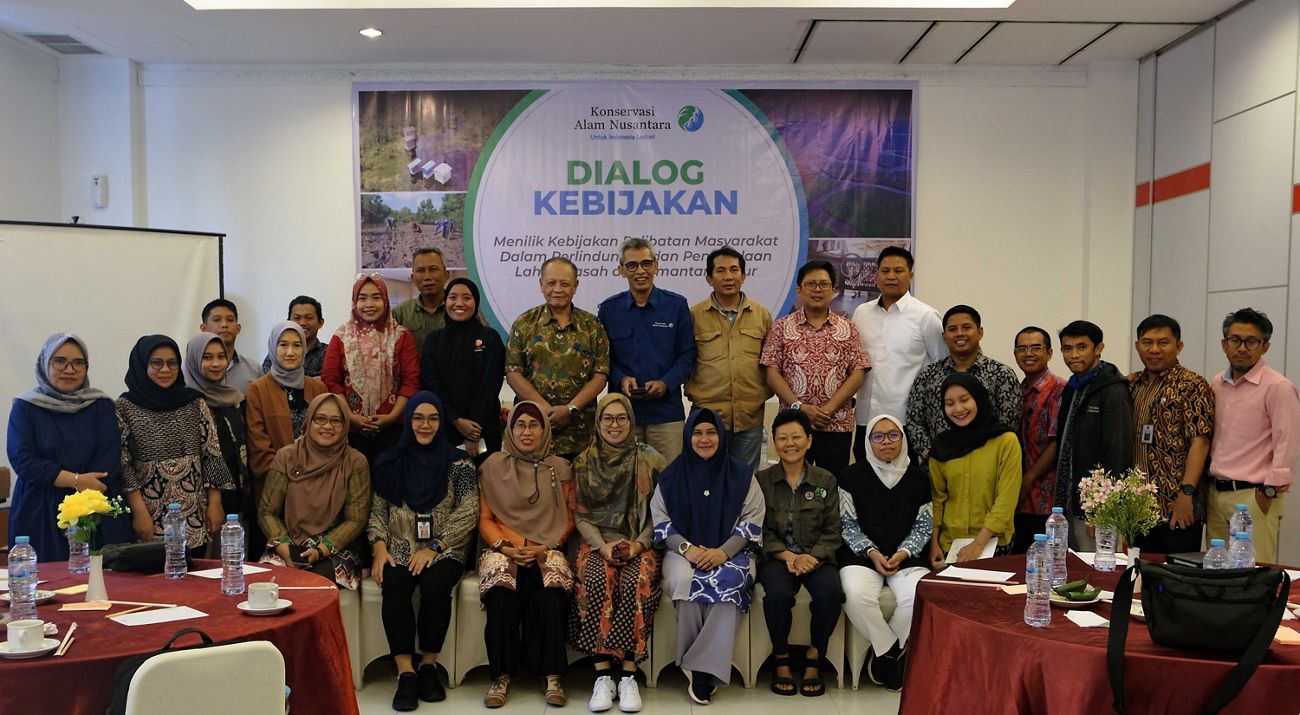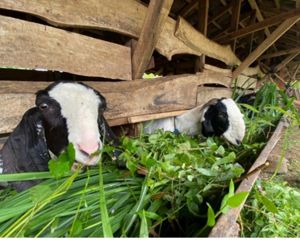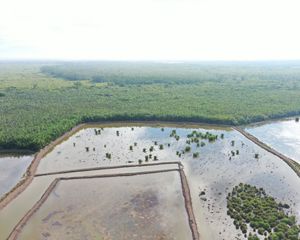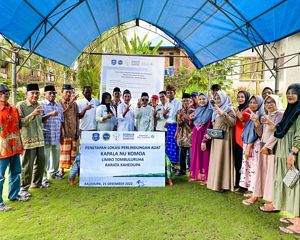Women and empowerment are the two main words in community support programs. In the conservation context, many unequal roles are still found, especially in decision-making. "Women have minimal participation and representation when it comes to aspects of leadership in formal institutions," said Gender Consultant Dati Fatimah who delivered her presentation as a speaker in the Policy Dialogue - Inspecting Policies Involving Community Groups in Wetland Management in Samarinda, 7 March 2024.
Read: Free Fresh Water when Rains Come in Ogan Komering Ilir (OKI)
In 2016, Dati conducted a study in four villages that have mangrove forests in Berau Regency. She discovered that women play a big role in managing fish production, traditional ceremonies, and family-based organizations such as Posyandu/ Integrated Healthcare Post and Family Welfare Empowerment (PKK). According to Dati, this role is generally only supporting not as a decision maker. "These women are invisible even though their activities are important," said Dati.
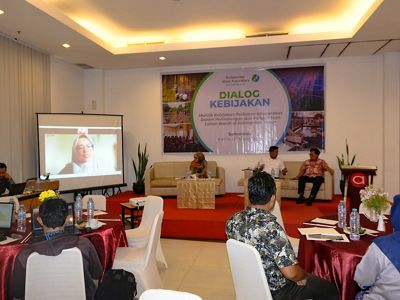
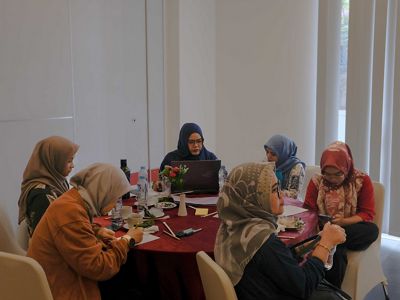
Dati's findings were also acknowledged by Nurhasniati, a companion to the women's group from the Lestari Mangrove Foundation. In the beginning, this foundation provided assistance in 2019 to women in the Mahakam Delta area. On average, women take on domestic roles, caring for the household and being mothers. Their position is vulnerable because most of their husbands are fishermen whose catch depends on the weather. Therefore, the weather is unpredictable as it sometimes disrupting the family's economy, due to abrasion affecting their housing or shell fishing for additional livelihood is disrupted.
Dati mentioned that with the vulnerability of roles and positions of women, several interventions must be conducted. "We need to recheck whether the (women's) empowerment program from these development partners is connected to the government," she said. Connections between stakeholders will facilitate discussion of the needs of both men and women who can answer all challenges in the field. Those who work in the wetland sector, whether in mangrove areas or peatlands, are very dependent on climate change. So, Dati suggested, that collaborations between stakeholders need to be more intense, considering current conditions where the climate is no longer predictable. The intense collaboration will help in capacity-building activities, for example, initiating breakthrough innovation for better equal participation.
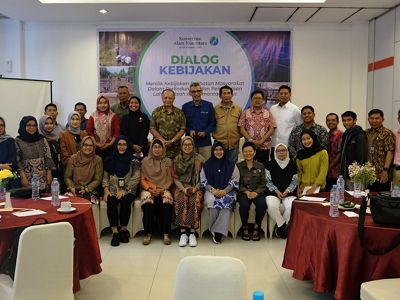
Yayasan Konservasi Alam Nusantara (YKAN) supports this policy dialogue as part of climate change mitigation activities. YKAN's support is part of the larger umbrella of the Green Growth Compact D in East Kalimantan. Within the Green Growth Compact, there are 13 landscape-based collaborative natural resource management model initiatives. Three of them are wetland-based. By opening a dialogue on gender equality in the climate crisis, it is hoped that it can open and build, identify obstacles, and design activities that are adapted to conditions on the ground.


